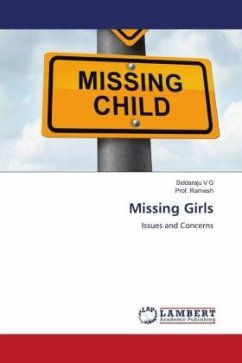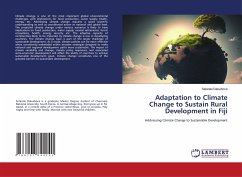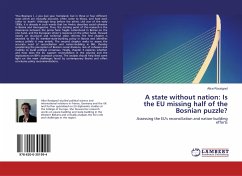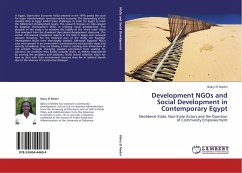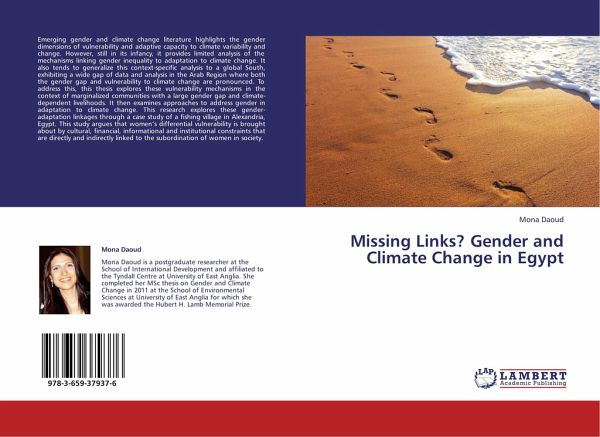
Missing Links? Gender and Climate Change in Egypt
Versandkostenfrei!
Versandfertig in 6-10 Tagen
33,99 €
inkl. MwSt.

PAYBACK Punkte
17 °P sammeln!
Emerging gender and climate change literature highlights the gender dimensions of vulnerability and adaptive capacity to climate variability and change. However, still in its infancy, it provides limited analysis of the mechanisms linking gender inequality to adaptation to climate change. It also tends to generalize this context-specific analysis to a global South, exhibiting a wide gap of data and analysis in the Arab Region where both the gender gap and vulnerability to climate change are pronounced. To address this, this thesis explores these vulnerability mechanisms in the context of margi...
Emerging gender and climate change literature highlights the gender dimensions of vulnerability and adaptive capacity to climate variability and change. However, still in its infancy, it provides limited analysis of the mechanisms linking gender inequality to adaptation to climate change. It also tends to generalize this context-specific analysis to a global South, exhibiting a wide gap of data and analysis in the Arab Region where both the gender gap and vulnerability to climate change are pronounced. To address this, this thesis explores these vulnerability mechanisms in the context of marginalized communities with a large gender gap and climate-dependent livelihoods. It then examines approaches to address gender in adaptation to climate change. This research explores these gender-adaptation linkages through a case study of a fishing village in Alexandria, Egypt. This study argues that women's differential vulnerability is brought about by cultural, financial, informational andinstitutional constraints that are directly and indirectly linked to the subordination of women in society.





